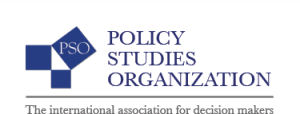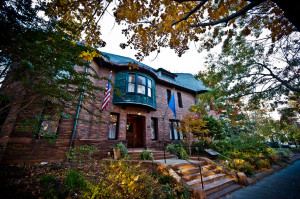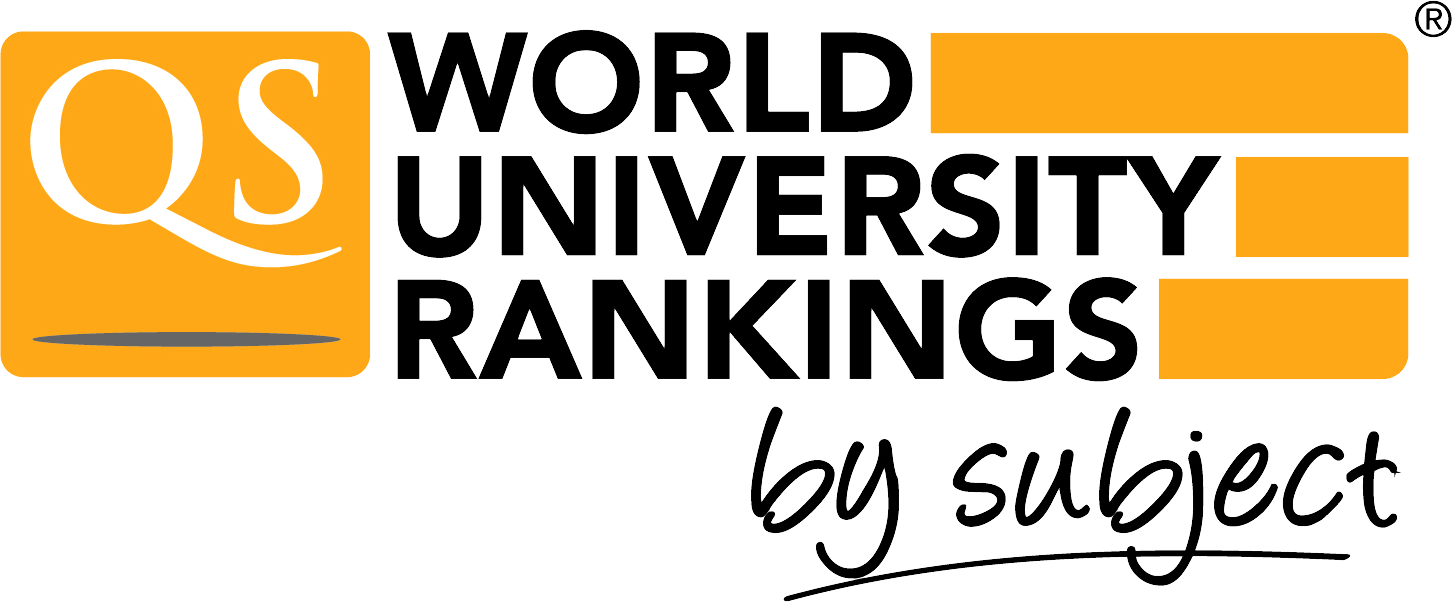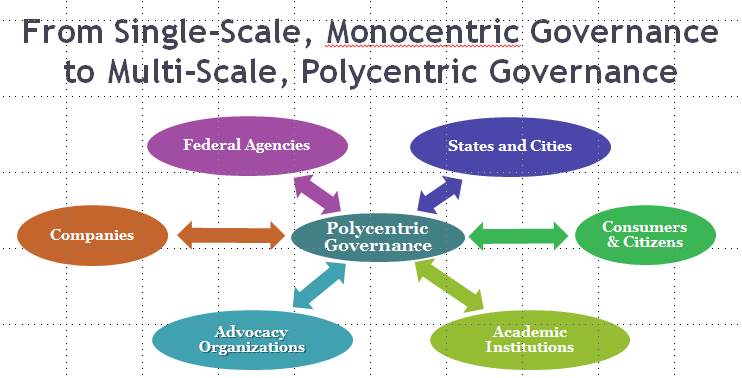 Last month I traveled to Washington, DC — my hometown — to present a paper at the Dupont Summit on Science, Technology, and Environmental Policy Issues. The Summit is organized by the Policy Studies Organization (PSO), which grew out of the American Political Science Association in the 1970s as an effort to encourage scholarship on public policy and communication between policy scholars and policymakers. The PSO sponsors conferences and publishes book series and academic journals, including the Policy Studies Journal and Review of Policy Research.
Last month I traveled to Washington, DC — my hometown — to present a paper at the Dupont Summit on Science, Technology, and Environmental Policy Issues. The Summit is organized by the Policy Studies Organization (PSO), which grew out of the American Political Science Association in the 1970s as an effort to encourage scholarship on public policy and communication between policy scholars and policymakers. The PSO sponsors conferences and publishes book series and academic journals, including the Policy Studies Journal and Review of Policy Research.
The Dupont Summit is an effort to bring together “academics, government, business and social leaders from a variety of backgrounds” in order to “promote multidisciplinary conversation and networking across the social and political spectrum.” This was my first experience attending the Summit, and I was impressed by the variety of participants in attendance, from academics from R1 universities and small colleges to Representatives of Congress and foreign diplomats to concerned citizens and corporate representatives. It is held in the historic Whittemore House in Dupont Circle, which is relatively small but enables more engaged and intimate discussions than your average large hotel conference experience.
 My presentation was entitled “Respond and Deliver? Persuasion and the Politics of Taxes, Jobs, and Climate Change,” and discussed a survey experiment that I conducted with a colleague from the University of California, Merced, Alex Theodoridis. The experiment examined the effects of two different policy amendments to a carbon tax proposal on public opinion about such a proposal. We found some interesting and unexpected treatment effects, and it was nice to have an opportunity to share our findings with a diverse audience. We received some useful feedback, and plan to revise and submit our paper for publication this spring.
My presentation was entitled “Respond and Deliver? Persuasion and the Politics of Taxes, Jobs, and Climate Change,” and discussed a survey experiment that I conducted with a colleague from the University of California, Merced, Alex Theodoridis. The experiment examined the effects of two different policy amendments to a carbon tax proposal on public opinion about such a proposal. We found some interesting and unexpected treatment effects, and it was nice to have an opportunity to share our findings with a diverse audience. We received some useful feedback, and plan to revise and submit our paper for publication this spring.













